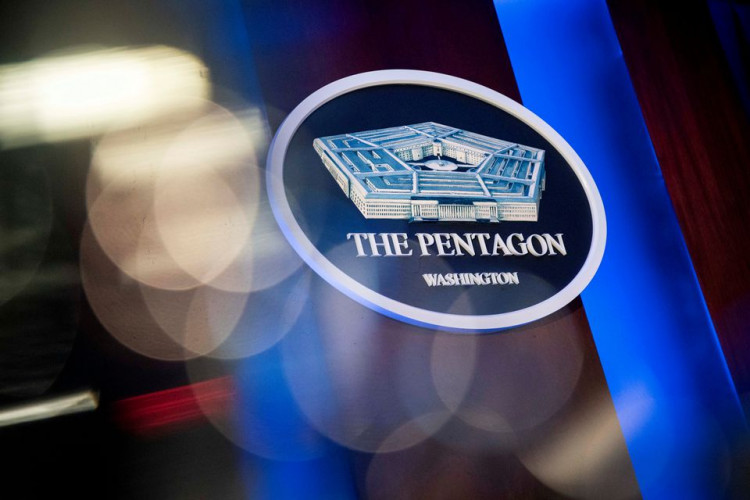The Pentagon announced Monday plans of building up the country's bases in Guam and Australia to prepare for any future conflict. A senior defense official said the move is necessary to counter China's growing influence in the region.
The announcement comes after the conclusion of the Department of Defense's global posture review, which was ordered by U.S. President Joe Biden and Secretary of Defense Lloyd Austin. The review was conducted in March and remained highly classified.
After it was concluded, Biden reportedly approved its findings and recommendations. The review mainly focused on the Indo-Pacific region, in line with Austin's previous emphasis on "China as the pacing challenge."
As tensions in the region have risen, notably over the issue of Taiwan, the Biden administration has made countering China a top foreign policy objective. Senior Pentagon officials have openly expressed concern about China's plans to strengthen and modernize its military.
Last month, Mark Milley, chairman of the Joint Chiefs of Staff, announced that China has successfully launched a hypersonic missile. The assessment instructs the Department to improve infrastructure in Guam and Australia as well as a military buildup across the Pacific Islands to address the threat. The review also recommends that the country seeks wider regional access for military cooperation operations.
The global posture assessment urges the Pentagon to focus more on the Indo-Pacific region by cutting the number of soldiers and equipment in other parts of the world to enable greater warfighting readiness and expanded actions in the region.
Apart from China, the review also looked at the country's current relations with Russia. Unfortunately, the Pentagon declined to provide specific information regarding how it plans to direct military actions to counter threats from Russia.
Officials said the U.S. is still maintaining its approach to Russia while also "re-establishing readiness standards" in Eastern Europe. Officials declined to go into further detail on how the country plans to counter Russia.
With the existing U.S. military engagement in Iraq and Syria, the review urged the Department to continue to assist the defeat of the ISIS campaign. It also called on the buildup of the capabilities of partner forces in both countries.
Afghanistan was not included in the global posture assessment because a separate National Security Council-led process is reviewing the way forward for U.S. engagement in the country.
When putting up the study, the U.S. conducted several talks with friends and partners, including NATO allies, Australia, Japan, the Republic of Korea, and over a dozen partners across the Middle East and Africa.






